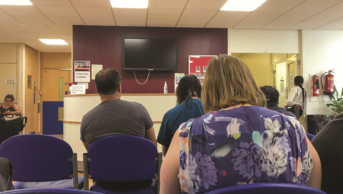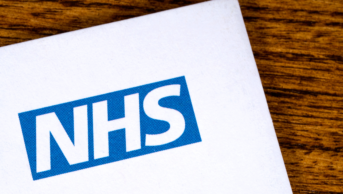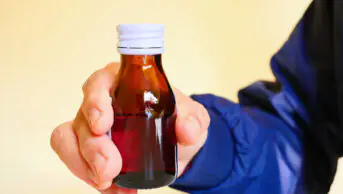
Emma Page
The actual cost of the NHS’s medicine bill is contested but it continues to rise, Bruce Warner, deputy chief pharmaceutical officer at NHS England, told delegates at the National Institute for Health and Care Excellence (NICE) annual conference.
Warner told a session at the conference, held on 26 June 2018 in Manchester, that the NHS drugs bill was expected to hit £20bn by 2020/2021, adding that while the costs of drugs in primary care have largely plateaued, those in secondary care are continuing to grow.
The NHS drugs bill was estimated at £17.4bn in 2016/2017, an increase of around 5% a year from £13bn in 2010/2011.
Warner said: “In addition, between 5–8% of all hospital admissions are down to adverse medicines incidents, many of which are preventable, and up to half of patients don’t take medicines as intended. The secretary of state [for health and social care] is keen that we meet this challenge of reducing harm by medicines.”
Paul Chrisp, director of the medicines and technologies programme at NICE, told the conference that better data were needed to find out which medicines offer poor value. He said the uptake of new medicines in the UK continued to be slow and variable, and that four years after approval, the NHS uptake of new medicines was only at 80% of that of 15 major European countries.
Chrisp added that there was insufficient data regarding why medicines are not taken up in greater numbers in the NHS.
“There is a lack of efficacy, or the system may not be ready, or there may not be the financial headroom available to support the system to address issues around uptake,” he said.
Paul Catchpole, director of value and access at the Association of the British Pharmaceutical Industry, also addressed the conference, saying that sufficient data could be lacking to track where value is added by the use of medicines.


